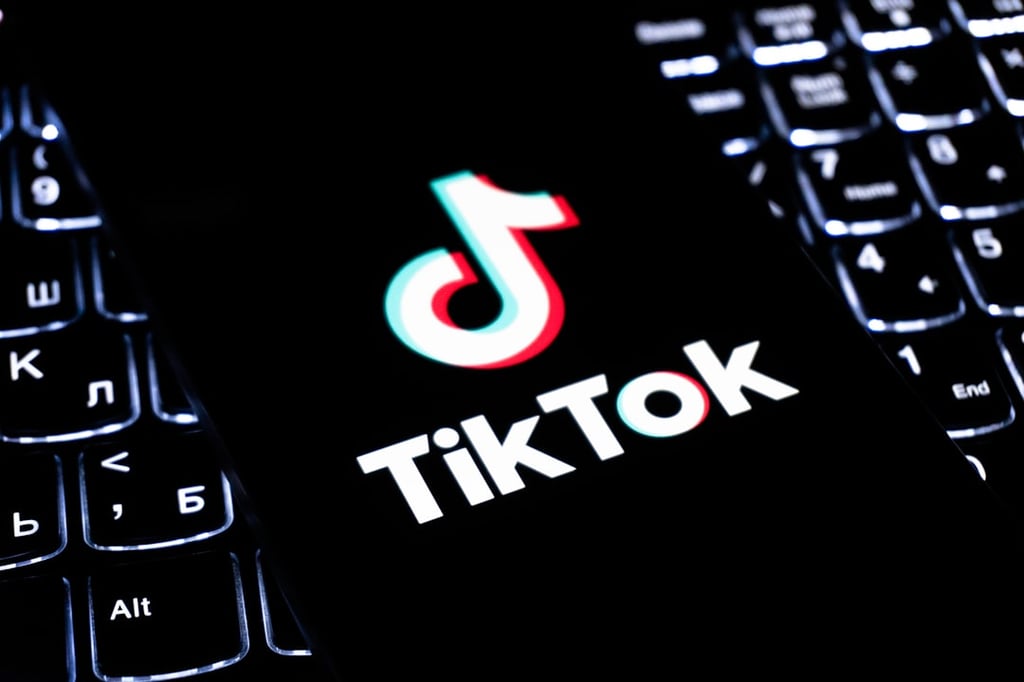Datamation content and product recommendations are
editorially independent. We may make money when you click on links
to our partners.
Learn More
A possible Google entry into the wireless broadband market received a boost
today with Federal Communications Commission (FCC) Chairman Kevin Martin endorsing dedicating a portion of the upcoming 700 MHz spectrum auction to
open access requirements.
According to an FCC source, Martin has finished a draft set of rules for the
January auction that would dedicate 22 of the 60 MHz up for sale as open
access airwaves. The proposal has not been circulated to other FCC
commissioners.
Open access spectrum, as proposed by Martin, would allow consumers to connect any legal
device to the wireless network. The rules for the spectrum would also contain prohibitions against the
network provider blocking legal content, a key provision of network
neutrality.
Google (Quote), which has petitioned the FCC to set aside some of the auction spectrum
for an open wireless platform, welcomed Martin’s proposal. Speculation has
swirled around both Washington and the Silicon Valley that if the FCC were to
carve out some of the spectrum for open access, Google might be inclined to
bid for that spectrum.
“If these reports are accurate, we are most encouraged by this favorable
development,” Richard Whitt, Google’s Washington telecom and media counsel,
wrote on the company’s blog. “Obviously we’ll need to see the fine print, but
such a proposal would represent a step forward for new, innovative entrants to
the broadband market.”
Whitt wrote Google has been taking a “closer look” at whether and how Google
might participate “meaningfully” in the auction.
The auction may be one of the most lucrative in U.S. history with speculation
that it will bring in as much as $20 billion. The spectrum will come from
airwaves deserted by television broadcasters as part of the digital TV
transition and is considered ideal for wireless broadband.
As originally envisioned by Congress, the spectrum would go to the highest
bidder with the proceeds underwriting digital converter boxes for consumers
and a national public safety wireless network. Excess proceeds will go to the
federal treasury.
But many groups have opposed that plan, calling instead for at least some of
the spectrum to be dedicated to an open network. The hope, the groups say, is
to establish a third broadband competitor to telephone and cable companies.
“Our analysis has confirmed that, under the originally proposed rules, the
existing national wireless carriers are likely to prevail in the bidding
process against a potential new entrant like Google,” Whitt wrote.
Wireless carriers were quick to criticize Martin’s proposal.
“Crafting special rules for a company with a market cap of $170 billion to
address problems that don’t exist in our competitive market makes absolutely
no sense whatsoever,” Steve Largent, president and CEO of the incumbent
wireless carrier trade group CTIA, said in a statement.
This article was first published on InternetNews.com. To read the full article, click here.
-
Huawei’s AI Update: Things Are Moving Faster Than We Think
FEATURE | By Rob Enderle,
December 04, 2020
-
Keeping Machine Learning Algorithms Honest in the ‘Ethics-First’ Era
ARTIFICIAL INTELLIGENCE | By Guest Author,
November 18, 2020
-
Key Trends in Chatbots and RPA
FEATURE | By Guest Author,
November 10, 2020
-
Top 10 AIOps Companies
FEATURE | By Samuel Greengard,
November 05, 2020
-
What is Text Analysis?
ARTIFICIAL INTELLIGENCE | By Guest Author,
November 02, 2020
-
How Intel’s Work With Autonomous Cars Could Redefine General Purpose AI
ARTIFICIAL INTELLIGENCE | By Rob Enderle,
October 29, 2020
-
Dell Technologies World: Weaving Together Human And Machine Interaction For AI And Robotics
ARTIFICIAL INTELLIGENCE | By Rob Enderle,
October 23, 2020
-
The Super Moderator, or How IBM Project Debater Could Save Social Media
FEATURE | By Rob Enderle,
October 16, 2020
-
Top 10 Chatbot Platforms
FEATURE | By Cynthia Harvey,
October 07, 2020
-
Finding a Career Path in AI
ARTIFICIAL INTELLIGENCE | By Guest Author,
October 05, 2020
-
CIOs Discuss the Promise of AI and Data Science
FEATURE | By Guest Author,
September 25, 2020
-
Microsoft Is Building An AI Product That Could Predict The Future
FEATURE | By Rob Enderle,
September 25, 2020
-
Top 10 Machine Learning Companies 2020
FEATURE | By Cynthia Harvey,
September 22, 2020
-
NVIDIA and ARM: Massively Changing The AI Landscape
ARTIFICIAL INTELLIGENCE | By Rob Enderle,
September 18, 2020
-
Continuous Intelligence: Expert Discussion [Video and Podcast]
ARTIFICIAL INTELLIGENCE | By James Maguire,
September 14, 2020
-
Artificial Intelligence: Governance and Ethics [Video]
ARTIFICIAL INTELLIGENCE | By James Maguire,
September 13, 2020
-
IBM Watson At The US Open: Showcasing The Power Of A Mature Enterprise-Class AI
FEATURE | By Rob Enderle,
September 11, 2020
-
Artificial Intelligence: Perception vs. Reality
FEATURE | By James Maguire,
September 09, 2020
-
Anticipating The Coming Wave Of AI Enhanced PCs
FEATURE | By Rob Enderle,
September 05, 2020
-
The Critical Nature Of IBM’s NLP (Natural Language Processing) Effort
ARTIFICIAL INTELLIGENCE | By Rob Enderle,
August 14, 2020
SEE ALL
ARTICLES







